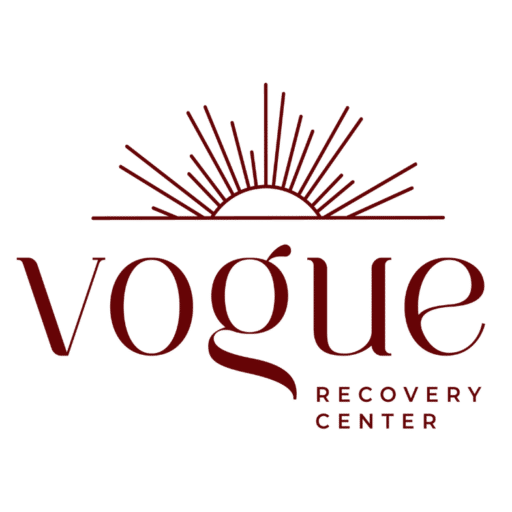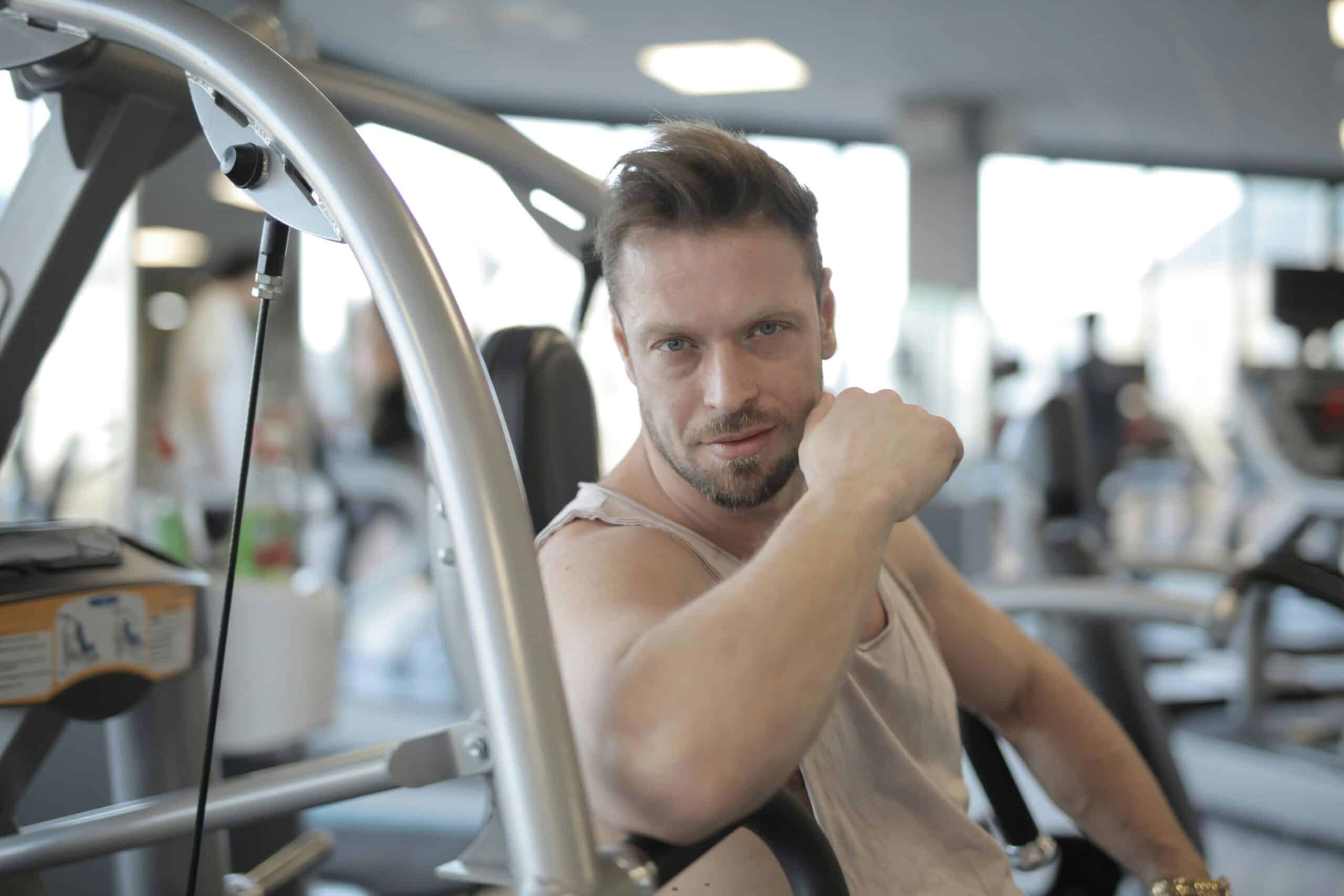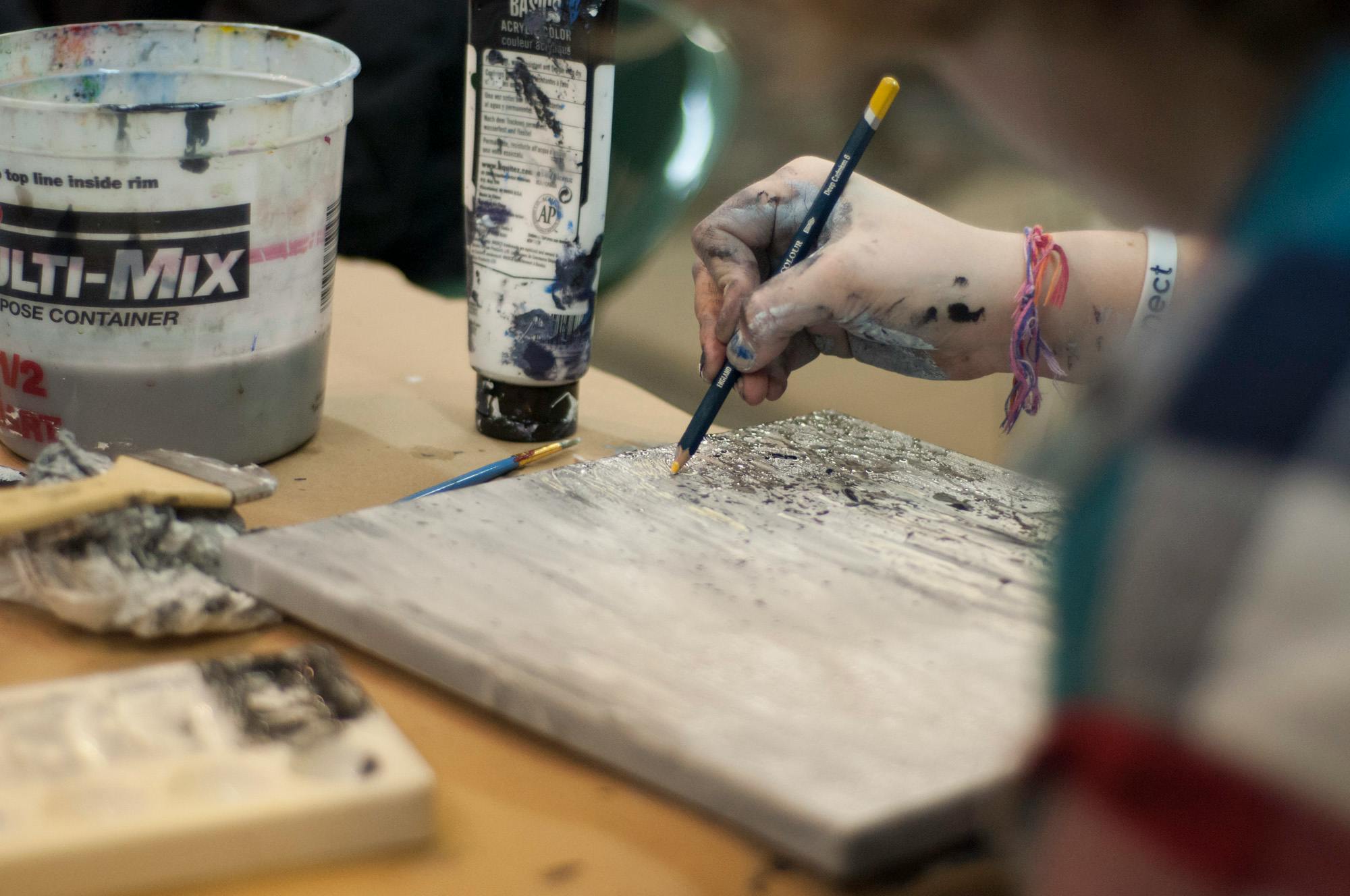Mental Health Treatment
> Las Vegas

Anxiety Treatment Programs
Our private mental health programs offer the best in psychiatric care. We provide a relaxing and safe setting that allows you to unwind, recover, and find your path towards the best version of you.
We Accept Only Private or Commercial Health insurance plans










Health insurance will typically cover our cost for treatment. Check online by clicking the button below.

We are a collective of individuals becoming the version of ourselves that we've always aspired to be.
Our Mental Health Programs
Feeling Better Starts Here.
All of our programs are comprehensive and provide intensive therapies (individual, group) and optional family therapy.
Inpatient
A residential program that focuses on clinical discovery to provide the healing needed for a large-scale change.
PHP
Our partial hospitalization program provides part-time ongoing psychiatric care alongside intensive therapies.
IOP
Our intensive outpatient program smoothly transitions you into more independence, while continuing to provide structure.
OP
Our outpatient program allows you to go through the trials of life with structure, support, community, and clinical guidance.
Feeling Better Starts Here.
Depressive Disorders
Depressive disorders are a group of mental health conditions characterized by persistent feelings of sadness, hopelessness, and a lack of interest or pleasure in daily activities. These disorders can interfere with daily functioning, relationships, and physical health.
Types:
Major Depressive Disorder (MDD):
A condition where individuals experience a persistently low mood, loss of interest in activities, and a range of other symptoms lasting for at least two weeks.Symptoms:
Persistent sadness or “empty” mood
Loss of interest or pleasure in activities once enjoyed
Fatigue or loss of energy
Feelings of worthlessness or guilt
Difficulty concentrating or making decisions
Changes in appetite or weight
Thoughts of death or suicide
Persistent Depressive Disorder (PDD) (Dysthymia):
A chronic form of depression lasting at least two years, with less severe symptoms than major depression but still significantly impacting daily life.Symptoms:
Low self-esteem
Loss of interest in daily activities
Poor appetite or overeating
Insomnia or excessive sleep
Low energy
Feelings of hopelessness
Bipolar Depression:
A form of depression that occurs during the depressive episodes of bipolar disorder, often alternating with manic episodes.Symptoms:
Extreme sadness or hopelessness
Lack of energy
Difficulty concentrating
Thoughts of death or suicide
Decreased ability to perform daily activities
Anxiety Disorders
Anxiety disorders are a group of mental health conditions marked by excessive fear, worry, or nervousness, often interfering with daily life. These disorders can cause physical symptoms like rapid heartbeat and muscle tension.
Types:
Generalized Anxiety Disorder (GAD):
Persistent, excessive worry about various aspects of life, often disproportionate to the actual situation.Symptoms:
Restlessness or feeling on edge
Easily fatigued
Difficulty concentrating
Irritability
Muscle tension
Sleep disturbances
Panic Disorder:
Recurrent and unexpected panic attacks that are intense periods of fear and discomfort.Symptoms:
Rapid heart rate
Sweating
Shortness of breath
Chest pain
Fear of losing control or “going crazy”
Nausea or dizziness
Social Anxiety Disorder (Social Phobia):
Intense fear of social situations, causing significant distress and avoidance of such events.Symptoms:
Fear of being judged or humiliated in public
Physical symptoms like blushing or sweating
Avoidance of social interactions
Difficulty speaking in front of others
Specific Phobias:
Intense fear of specific objects or situations, such as spiders, heights, or flying.Symptoms:
Overwhelming fear or anxiety when faced with the feared object or situation
Avoidance of the feared object or scenario
Panic attacks when encountering the phobia
Bipolar Disorders
Bipolar disorders involve extreme mood swings that include emotional highs (mania or hypomania) and lows (depression). These mood changes can affect sleep, energy, behavior, judgment, and the ability to think clearly.
Types:
Bipolar I Disorder:
Characterized by manic episodes lasting at least 7 days or by manic symptoms that are so severe that immediate hospital care is needed, often followed by depressive episodes.Symptoms:
Extreme elation or irritability
Increased energy or restlessness
Impulsive behaviors (spending sprees, risky activities)
Racing thoughts
Bipolar II Disorder:
Involves patterns of depressive episodes and hypomanic episodes (less severe than full mania).Symptoms:
Depressive episodes with prolonged sadness or lack of interest
Hypomania (milder form of mania with elevated mood)
Increased goal-directed activity or impulsivity
Cyclothymic Disorder:
Periods of hypomanic symptoms and periods of depressive symptoms lasting at least two years, but not meeting the criteria for full manic or depressive episodes.Symptoms:
Periods of mild mania
Periods of mild depression
Mood swings between these states without meeting full criteria for other bipolar disorders
Trauma & Stressor-Related Disorders
These disorders occur after exposure to a traumatic or stressful event and can lead to intense emotional reactions like fear, anxiety, or distress.
Types:
Post-Traumatic Stress Disorder (PTSD):
Develops after exposure to a traumatic event, causing flashbacks, nightmares, and severe anxiety.Symptoms:
Flashbacks or nightmares of the traumatic event
Hypervigilance or being easily startled
Emotional numbness or detachment
Difficulty concentrating
Acute Stress Disorder:
Similar to PTSD but occurs within three days to one month after a traumatic event.Symptoms:
Intrusive memories
Numbness or detachment
Difficulty sleeping
Difficulty concentrating
Adjustment Disorder:
Emotional or behavioral symptoms in response to a significant life change or stressor, such as divorce or job loss.Symptoms:
Anxiety or depression
Difficulty coping with change
Feelings of hopelessness
Personality Disorders
Personality disorders are long-standing patterns of behavior and inner experiences that differ markedly from the expectations of the individual’s culture. These patterns affect how the person thinks, feels, and behaves toward others.
Most Common Types:
Borderline Personality Disorder (BPD):
Characterized by unstable moods, relationships, and self-image, along with fear of abandonment.Symptoms:
Intense episodes of anger, depression, or anxiety
Unstable relationships
Impulsive behavior
Fear of abandonment
Antisocial Personality Disorder:
Disregard for others’ rights and feelings, often accompanied by deceitful or manipulative behaviors.Symptoms:
Lack of empathy or remorse
Irresponsible behavior
Aggressive or violent behavior
Narcissistic Personality Disorder (NPD):
A grandiose sense of self-importance, a need for excessive admiration, and a lack of empathy for others.Symptoms:
A sense of entitlement
Fantasies of success, power, or beauty
A need for admiration
Lack of empathy
Avoidant Personality Disorder:
Extreme sensitivity to criticism and fear of rejection, leading to social withdrawal.Symptoms:
Extreme shyness or fear of social situations
Low self-esteem
Avoidance of activities involving interaction
Psychotic Disorders
Psychotic disorders involve distorted thinking, perception, and emotions. Individuals may experience delusions, hallucinations, or a disconnection from reality.
Types:
Schizophrenia:
A chronic and severe mental health disorder characterized by distorted thinking, hallucinations, and delusions.Symptoms:
Hallucinations (hearing voices, seeing things)
Delusions (false beliefs)
Disorganized thinking
Impaired functioning
Schizoaffective Disorder:
A combination of schizophrenia symptoms and mood disorder symptoms (either depressive or manic episodes).Symptoms:
Symptoms of both schizophrenia and mood disorders
Disorganized thoughts and behaviors
Hallucinations or delusions
Delusional Disorder:
Characterized by the presence of one or more delusions (false beliefs), but without other significant symptoms of schizophrenia.Symptoms:
Beliefs that are not grounded in reality (e.g., being persecuted or having a special mission)
No significant disturbances in thought or behavior apart from delusions
How We Treat
Our intensive therapies begin on day one. You will learn: yourself, others, new skills, problem-solving, etc.
Our psychiatrist will help you manage any current medications you are on, discover new options, or explore alternative methods of treatment— together we will find what works for you.
We will help you build new relationships and/or repair relationships that have suffered due to your mental health.
Taking care of yourself adds ritual to your routine. It doesn’t just feel good short-term, but the long-term effects of self-care will always serve your highest self.
Routine does not have to be boring, in fact, it provides a sense of calm to know what to expect from yourself and your day.
An elevated way to look at your hobbies. Not everyone is lucky enough to feel fulfilled through their 9-5 job, so exercising your passions when the work-day ends is crucial to your happiness and sense of fulfillment.
Being part of a community is key to your success. Luckily, mental health support groups are filled with some of the most amazing, interesting, strong, and fun people out there.
Personal growth comes from overcoming challenges. Some challenges may come naturally, while others are self-inflicted. Challenges keep life interesting & bring you a sense of accomplishment with each one you overcome.
At Vogue Recovery Center, we believe that 'home' is a person, 'gratitude' is a perspective, and 'sense of peace' is a state of being.
We Accept Most Major Health Insurance








Take two minutes to check if we accept your health insurance plan here.
Join our community and find connection.
Contact Us
Our admission coordinators will call or email you back within 24 hours. If you would like help right away, please feel free to give us a call.
"*" indicates required fields
What Else Happens During Our Programs?
Inclusive Activities & Amenities
- Gym Membership
- Private, In-House Chef
- Meditation Courses
- Breathwork Workshops
- Yoga Classes
- Nutritionist
- Hiking
- Rock-Climbing
- Art Classes
- Music Classes
- Family Therapy



Vogue Recovery Centers
Turn The Page.
Aron B.
Vogue Recovery Center Alum.Denise S.
Vogue Recovery Center Alum.Michael S.
Vogue Recovery Center Alum.Jose L.
Vogue Recovery Center Alum.Dixie C.
Vogue Recovery Center Alum.Noah C.
Vogue Recovery Center Alum.Anonymous
Vogue Recovery Center Alum.Aar S.
Vogue Recovery Center Alum.Sara L.
Vogue Recovery Center Alum.